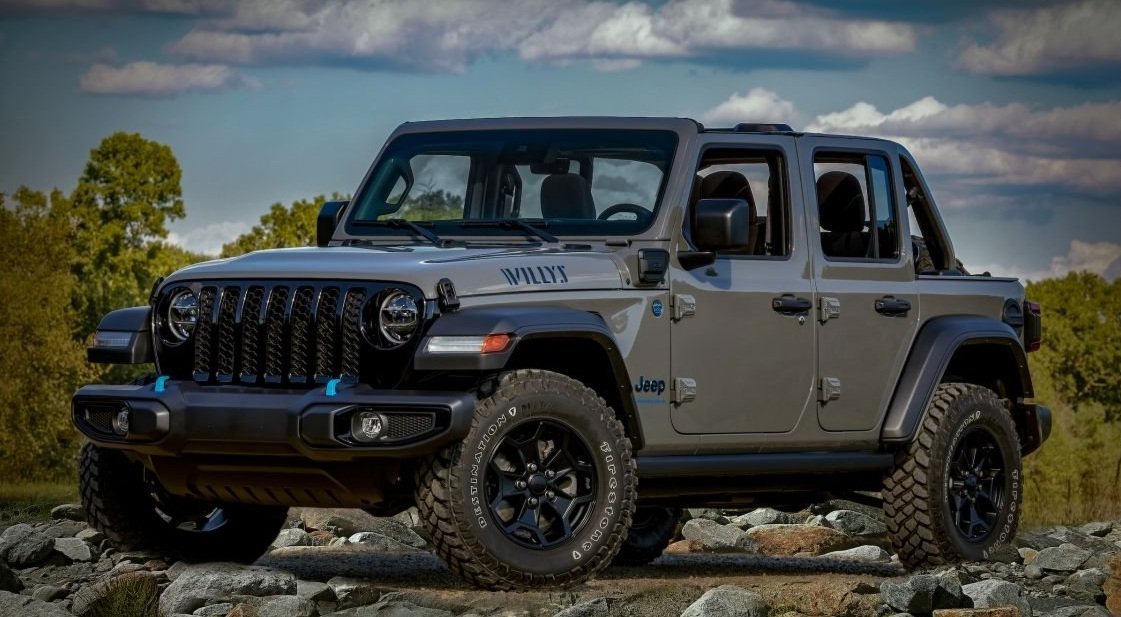
8 Things You Should Know Before Leasing A New Car
Should I lease? What is leasing anyway? Here’s what you need to know.
1. Leasing Is Paying For What You Use
Let’s imagine that a particular car costs $30,000 new and that it has an estimated value of $21,000 after three years of use. The amount of depreciation incurred is $9,000. Divide this amount by the number of months in the lease (in this case, 36 months) and you get your monthly lease payment: $250.
Now, there are also finance charges and taxes to include, but in essence, leasing is paying for the depreciation that occurs over time from your use of the vehicle. At the end of the lease, simply return the car or buy it outright by paying the remaining value of the car (in our example, $21,000).
2. Some Cars Lease Better Than Others
Cars of the same price and type can cost vastly different amounts of money to lease.
These variations mostly boil down to the details of each manufacturer’s lease program. Every month, automakers release new lease programs that establish the following:
- Residual value: The car’s estimated value at the end of the lease, as set by the leasing company (usually the finance arm of an automaker).
- Money factor: The interest rate—but expressed in a different way.
- Incentives: If available, these lower the total cost of the lease.
Ideally, you’d have a car with a high residual value, low money factor, and generous cash incentives. Use Rate Findr to get current and accurate information on rates and incentives.
3. Leases Can Be Negotiated
Advertised “lease specials” create the impression that lease prices are set by the manufacturer—as if they were promotional menu items from McDonalds or something.
In truth, individual dealers determine the selling price of a car, who then apply the manufacturer’s lease program to arrive at the actual cost. A manufacturer’s lease special simply assumes a particular selling price that they expect dealers to honor. The selling price can most certainly be negotiated.
4. Watch Out For Marked Up Rates And Fees
Aside from setting the sales price, dealers can also mark up the money factor. This may result in hundreds or thousands of extra dollars paid over the course of a lease.
With a lease, you’ll also pay an acquisition fee and often a disposition fee. These are legit fees, but some dealers mark them up as well. In exchange for paying these fees, you benefit from certain inherent advantages of leasing—which we explain below.
5. Someone Else Takes On The Risk Of Depreciation
When an automaker sets the residual value of a particular model, they often overestimate the car’s actual lease-end value.
For example, Leasehackr leased a Mercedes-Benz E350, which had a residual value of $44,036 after two years of use. In actuality, the car was worth about $34,000 on the open market when it came time to return the car.
By leasing, we avoided $10,000 in depreciation that would have otherwise been incurred if the vehicle were purchased instead. This amounts to over $400 per month saved!
Some automakers are spot-on with their estimates. Others intentionally inflate their residual values to make their leases cheaper. And sometimes they just get it wrong. Regardless, when you lease, someone else takes on the risk and uncertainty of depreciation.
6. Sometimes, You Can Cash Out On Any Lease Equity You Have
Sometimes, the opposite scenario happens: your car is worth more at lease-end than its official residual value. This might occur if your car becomes highly desirable in the used car market.
With a small number of automakers, you can actually arrange a third-party to buy out the car. If the third-party offers you, say, $23,000 for the car, but the residual value is $21,000, then they will write you a check for the difference ($2,000).
As of 2024, most automakers have stopped allowing this practice, making it difficult to cash out on lease equity. However, Equityhackr will help you bypass the third-party buyout ban, allowing you to sell your leased car for a profit.
7. You Only Pay Sales Tax On The Cost Of The Lease
When you purchase a car, you pay an amount of sales tax based on the selling price of the car. This can amount to thousands of dollars that you never get back, even if you end up selling the car a few years later.
In most states, you pay sales tax only on the cost of the lease. These tax savings more than make up for the acquisition fee required on a lease. Note that there are a few exceptions: a handful of states, such as Texas, levies sales tax on the selling price of the car, rather than just the leased portion.
8. Never Put A Down Payment On A Lease
There are two good reasons for this:
- If your car is ever totaled or stolen, you can walk away from a lease without penalty (thanks to GAP insurance). However, you won’t always get your down payment back—so don’t pay one to begin with.
- A down payment obscures the cost of the lease and makes it more difficult to compare deals. Any car can be leased for $199 per month if there’s a sufficient down payment.
Instead, you can look into placing a security deposit, which lowers the money factor and could save you thousands in finance charges. Brands that offer a multiple security deposit (MSD) program include Audi, BMW, INFINITI, Lexus, Mazda, Mercedes-Benz, MINI, Nissan, and Toyota.
Note that a $0 down payment lease could still require money upfront: the first month’s payment, taxes, and license and registration fees. You could choose to roll in those taxes and fees for a drive $0 drive-off lease.
Originally posted: September 19, 2015 (Updated June 12, 2024)
Add a comment Cancel reply
Categories
- Auto Detailing (1)
- Car News (2)
- Car Reviews (1)
- Uncategorized (1)
Recent Posts
About us



